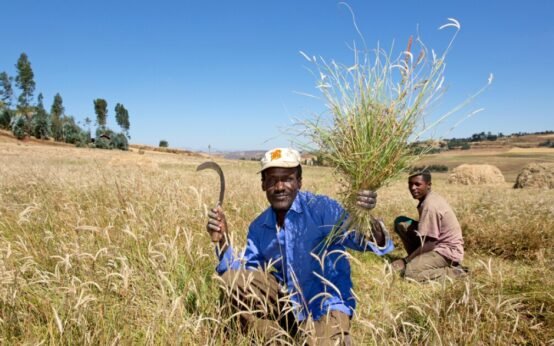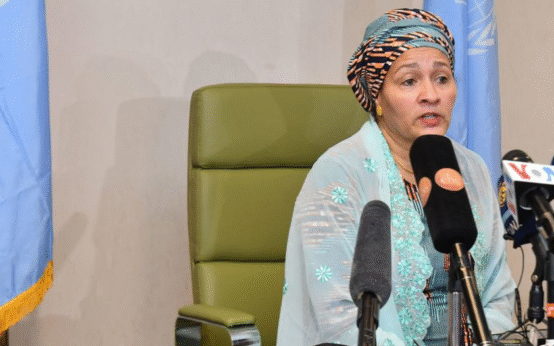Meskel means the Cross in Amharic, and Ethiopia’s Orthodox Christian community celebrates it every year. The festival honors the finding of the True Cross on which Jesus was crucified. On the eve of Meskel, Ethiopians light a giant bonfire ceremony called Demera. The bonfire gets lit in public squares, including Meskel Square in Addis Ababa, surrounded by hymns, clergy in traditional robes, and a sea of people dressed in white.
Addis Ababa Lights Up Thousands Gather for Demera Bonfire
In the capital, tens of thousands gather for Demera. Children from Sunday schools, priests, deacons, and churchgoers walk together, singing religious songs. They build large conical piles of wood, grass, and dried branches, which they set alight once darkness falls. The fire’s flame and the rising smoke symbolize faith, hope, and spiritual reunion. For many Ethiopians, the ceremony is deeply emotional a reminder of unity, tradition, and faith passed down through generations.

Tourists from Europe, the Americas, Asia, and other African nations travel to Addis Ababa especially for Meskel. Many say they came not just to see the fire, but to feel the celebration the music, prayers, the color of clothes, and the warmth among strangers. Some tell how this festival feels authentic, with roots in very old traditions.
Economic Benefits and Local Businesses Feel the Festival Energy
When thousands of visitors converge on Addis Ababa for Meskel, lots of shops, hotels, restaurants, transport services, and artisans benefit. Vendors selling traditional clothes, local food, flowers especially the yellow Adey Abeba daisies, and handmade crafts see strong sales. Hotels fill up.
With growing tourist interest come challenges. Some visitors worry that commercialization might change the way the festival feels. They urge emphasizes on preserving the original religious meaning, avoiding too much commercialization, and keeping traditions alive.


 Ethiopia Shift to Modern Farming Drives Agricultural Transformation, Says PMO
Ethiopia Shift to Modern Farming Drives Agricultural Transformation, Says PMO  UNECA Chief Backs Ethiopia’s Climate Push
UNECA Chief Backs Ethiopia’s Climate Push